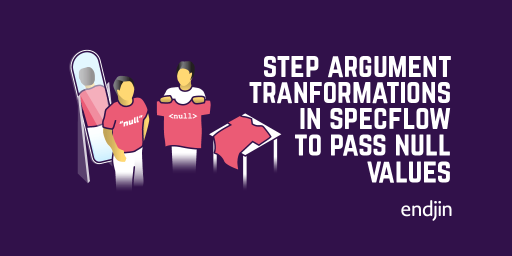

At this point, Emily thought of leaving the medical university and changing her field of study. In the second year of medical university, Emily continued to find the field of medicine uninteresting and she was therefore finding it very stressful. Nevertheless, she, with great difficulty, managed to survive the first year. She did not find any of the medical subjects easy to understand and struggled to find them interesting. However, during the very first year, she realised that the medical field was not for her. Imagine that a student, who we will refer to as Emily, joined a medical university to become a doctor. This example will show you how the sunk cost fallacy mistake can happen for “non-business” things as well. A better way would have been for Joe to accept that he was not going to get back the money and effort he had already put into the failing business, and then move on to a new project. Of course, this made no sense, as putting more money into something losing money just made the losses bigger. If I give it up, all this money and effort would be wasted”. Joe’s friends repeatedly advised him to abandon the coffee shop business, but Joe would refuse, saying, “I have put a lot of my money and effort into it for over a year. As a result, Joe’s coffee shop continuously lost money. Often he would come very early in the morning to make sure that there was hot coffee ready for people to buy when they came to work and he would even stay late to cater for any evening staff.ĭespite Joe working hard for over a year, his coffee shop had only a few customers as most preferred to have coffee from a coffee machine in the office building. He invested a lot of money and effort into the coffee shop. He hoped that lots of people from the office building would buy coffee from him. Sometimes the anticipation of a win is just as addictive as the win itself.ĭo you have a gambling addiction? If your life’s falling apart due to excessive gambling habits get help, contact our gambling rehab center today to treat your addiction once and for all.The short examples below will help you to understand the “sunk cost fallacy” mistake.Īs a business, Joe started a coffee shop next to a big office building. Despite the persistent and observable harm it wreaks on our lives, someone in the grip of an addiction to gambling will still seek out their big win just like someone with a substance addiction wants a drink even though they know it is killing their liver. And that’s just what we as humans excel in. Casinos have to turn a profit so you can be sure you are always more likely to lose than win.Īddiction is at its core an irrational behavior.

The money you’ve gambled does not mean you are “owed” that money back. The game has the same odds of hitting the jackpot every time you spin. Each instance of gambling is completely unique, a random chance. In reality one of the restrictions that casinos must abide by is that there be no pattern or logic to theses things. A gambler might think of a machine being “close” to hitting. There is also the sunk cost fallacy – the wrong belief that since you have paid into something, you should keep doing it no matter the result to recuperate the cost of the initial investment. If someone should predict the outcomes of a gambling game in this way, it would not only bankrupt the owners of the gambling device, it would also land them in trouble with the law. But in truth, casinos and lotteries have to abide by very strict law about the probability and payouts of their gambling devices. Many gamblers believe that they have some insight into the way the system works that allows them to have higher wins or better predictive power.


On a long enough timeline, the fact that these businesses boast huge profits shows that if you keep playing you will eventually lose everything, rather than sustainably win big. Other gamblers dream of a single, life-changing win. For some gamblers, the thrill of “beating the house” is more compelling than the idea of making huge sums of money. The existence of casinos and lotteries proves there is profit to be made by playing the host to gambling activities. As a result, there are more quantifiable facts observable than with most addiction disorders. While much of the mechanics of substance addiction occur behind the scenes, in the interactions of biology and chemistry within a person’s body, gambling addiction is a behavior that is acted out externally. Will Insurance Cover Behavioral Treatment?.Beacon Health / Value Options Insurance.Rehab Success Rate – Does It Really Work?.Shatterproof FHE Health (First Responders).


 0 kommentar(er)
0 kommentar(er)
